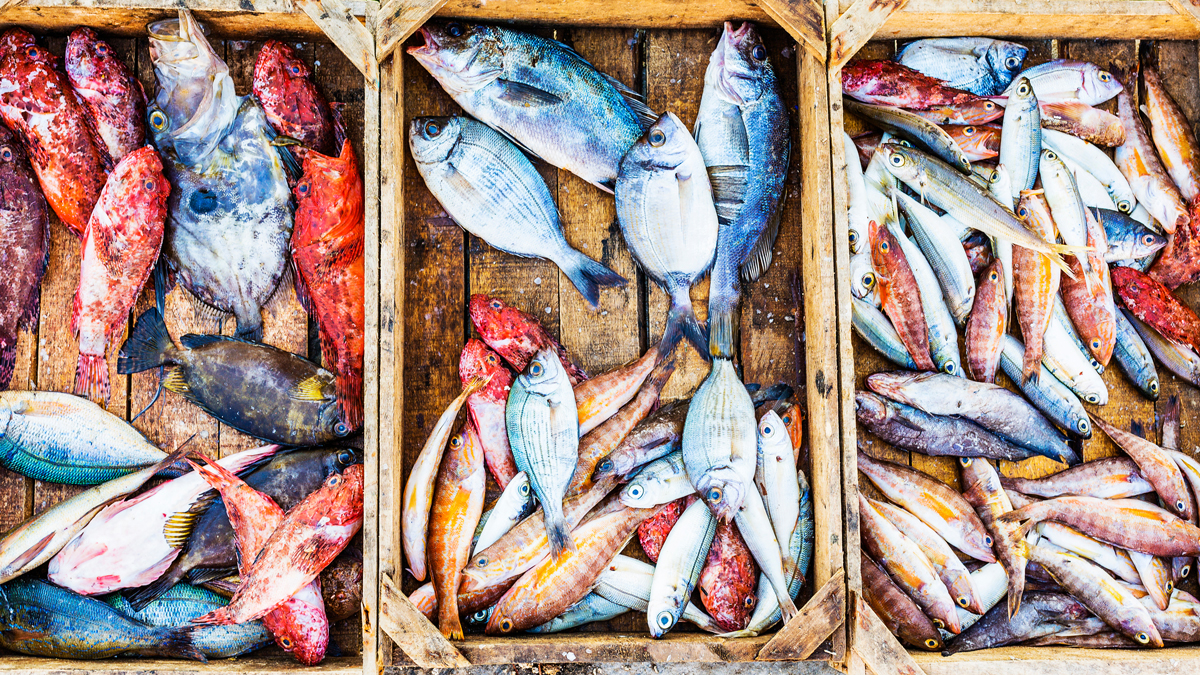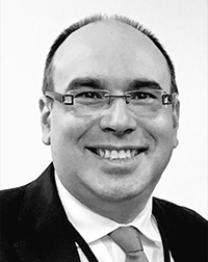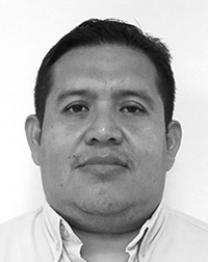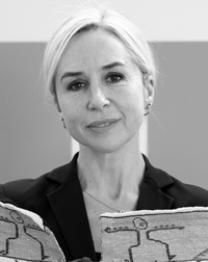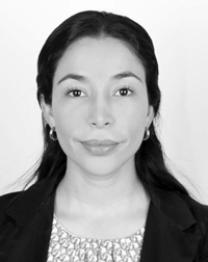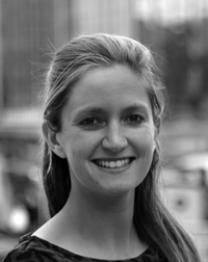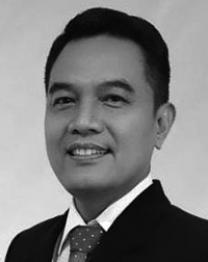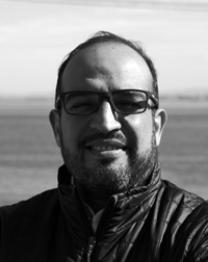Background
Trade policy can have a significant impact in making fisheries and aquaculture more sustainable. However, trade policy can also provide both positive and negative incentives to stocks conservation if not designed responsibly. Developing Oceans Economy and Trade Strategies (OETS) at the national level can frame sound ocean economic governance and provide an enabling environment for ocean-based value chains seeking sustainability. At the same time, addressing negative public incentives such as harmful fisheries subsidies need a clear and immediate multilateral response in the form of a Fisheries Subsidies Agreement under the World Trade Organization (WTO) with urgency. Seafood Interactive Maps (SIMs) can show a new path and ways for producers globally to learn, connect to markets, find technology solutions, and understand investment opportunities in sustainable seafood harvesting and farming. New risk assessment methodologies for aquaculture under the One Health Approach (OHA) can assist in understanding and mitigating impacts from the intensive use of antibiotics, including challenges with antimicrobial resistance that has broad implications for people and sustainability. This event will introduce how new and diverse partnerships, approaches and recommendations can maximize outcomes for fast-tracking the implementation of targets 1, 4, 6 and b of SDG 14.
Objective of the meeting
Introduce most pressing challenges in fisheries, aquaculture, and seafood and present most recent multilateral, regional and national sound solutions, and best practices in trade policy for sustainable development.
Other sponsoring agencies
The World Bank, the Food and Agriculture Organization (FAO); United Nations Industrial Development Organization (UNIDO); Government of Ecuador; Republic of Chile; Government of New Zealand; Indonesian Ministry of Marine Affairs and Fisheries; Belize Fisheries Department (BFD); Instituto Costarricense de Pesca y Acuicultura (INCOPESCA); Consejo del Salmon de Chile; Pew Charitable Trusts; University of British Columbia; Seafood Business for Ocean Stewardship (SeaBOS); WorldFish; Magallanes Salmon Association (Chile); Aquatic Blue Food Coalition; Xunta de Galicia; and Nueva Pescanova.
Speakers
- Mr. David Vivas Eugui, Legal Officer, UNCTAD (including presentation of the OETS project video, The Blue Connection)
- Mr. Adriel Castaneda, Senior Fisheries Officer, Belize Fisheries Department
- Ms. Ieva Baršauskaitė, Senior Policy Advisor, IISD
- Ms. Nicola Reid, New Zealand’s Permanent Representative to UNESCO
- Ms. Dana Bethsabe Zambrano, Undersecretary for Fisheries Resources, Ecuador
- Ms. Eva Mudde, SDG Impact Manager, GSSI
- Mr. Ridwan Mulyana, Director of Fish Resources Management, Directorate General of Capture Fisheries, Ministry of Marine Affairs and Fisheries, Indonesia
- Mr. Rolando Ibarra, Senior Fellow, Monterey Bay Aquarium Seafood Watch
- Ms. Ana Cristina Canales Gomez, Veterinarian, Agriculture and Food GP East and Southern Africa, The World Bank
Moderator:
- Mr. Vladimir Jares, Director, OLA/DOALOS
David Vivas Eugui is Chief of Ocean and Circular Economy Unit, a.i., Trade, Environment, Climate Change and Sustainable Development Branch, at UNCTAD.
Previously, he was a Senior Economic Affairs Officer in UNCTAD’s Trade Negotiations and Commercial Diplomacy Branch, Deputy Programmes Director at the International Centre for Trade and Sustainable Development (ICTSD), Senior Attorney at the Center for International Environmental Law (CIEL), Attaché for Legal Affairs at the Mission of Venezuela to the World Trade Organization (WTO) and Staff Attorney at the Venezuelan Institute of Foreign Trade. David is an international expert with more than 20 years of experience on legal and economic issues.
He has worked as an advisor and consultant for various institutions, international and national organizations and has lectured on intellectual property, trade, oceans economy and environmental law at the University of Strasbourg (CEIPI), Universidad de Buenos Aires (Argentina), Universidad Javeriana (Colombia), Maastricht University (the Netherlands), WIPO Distant Learning Academy, and University of Business and International Studies (Switzerland).
He holds a JD from the Universidad Catolica Andres Bello, an LLM from Georgetown University and a Master in Transnational Business from the Universidad Externado de Colombia.
Adriel started his career after completing his bachelor’s degree in Biology in 2001, working for the University of Belize as the field station manager at the university’s field station in Calabash Caye, Turneffe Atoll. In 2005, he moved on to pursue a master’s degree in Natural Resource Management at ECOSUR in Quintana Roo, Mexico. His thesis focused on a bioeconomic analysis of the spiny lobster fishery in Belize. Upon completion of his degree, he collaborated with WWF as a consultant to assess the lobster fishery in Belize. In 2010 Adriel began working as a consultant with the Environmental Defence Fund in Belize to assist the Fisheries Department with the implementation of an innovative rights-based fisheries management tool called Managed Access.
He later joined the Fisheries Department in 2012 in the capacity of Fisheries Officer and later served as Deputy Coordinator of the Capture Fisheries Unit at the Department which is responsible for the monitoring and management of Belize’s main commercial species such as Queen Conch, Spiny Lobster and Sea Cucumber. In 2017, he was appointed Coordinator of the Ecosystems-Based Management Unit, leading the oversight of the management of the Marine Reserves, ecosystems monitoring and several other policy interventions in Belize. Adriel has represented the Fisheries Department in various national and international fora. He has a wealth of knowledge and experience in stakeholder engagement, rights-based fisheries management, stock assessments, fisheries research and monitoring, marine protected areas management and fisheries policy. He is currently the Senior Fisheries Officer at the Belize Fisheries Department.
Ieva Baršauskaitė is a senior policy advisor at the International Institute of Sustainable Development working on sustainable trade issues. Ieva has worked on a broad range of issues related to the international economy, trade, sustainability, the environment, and energy. She has represented the Government of Lithuania as Deputy Permanent Representative at the World Trade Organization (WTO) and served as the chairperson of the WTO Committee on Subsidies and Countervailing Duties, and as Vice-Chairperson of the Organisation for Economic Co-operation and Development Joint Working Party on Trade and the Environment. She has participated in high-profile international negotiations and provided her advice to domestic and international policy-makers on issues related to foreign policy, trade, and sustainability.
Nicola Reid is a career diplomat, currently based in the New Zealand Embassy in Paris.
She is presently New Zealand’s Permanent Delegate to UNESCO, as well as Deputy Head of Mission. She has worked for the Ministry of Foreign Affairs and Trade since 1999, and has previously been posted in Beijing and Apia.
Ms. Zambrano is an Undersecretary of Fisheries Resources in Ecuador’s Ministry of Production, Foreign Trade, Investments and Fisheries. Previously she served in Ecuador’s Navy as the lieutenant commander of marines, worked as an advisor on operational law and human Rights, registrar of naval property, as well as Commissioner of Third Municipal Government (Municipality of Guayaquil, Ecuador).
Ms. Zambrano is an advocate with a Master’s degree in Administrative Law (Universidad Católica de Santiago de Guayaquil, Ecuador), international diploma of specialization in human rights, transparency and public policies against corruption (Instituto Internacional Henry Dunant , Santiago de Chile, Chile), as well as Master’s degree in Sustainable Agribusiness Administration (Escuela Politécnica de Administración de Empresas, Guayaquil, Ecuador).
Eva Mudde is the SDG Impact Manager at the Global Sustainable Seafood Initiative (GSSI). She coordinates the development of innovative programmes that implement sustainable change across the global seafood sector and currently spearheads the implementation of the Seafood MAP programme. As a collaboration-oriented person, she works closely with both public and private sector stakeholders to identify new collaboration opportunities that will accelerate the implementation of the SDGs by the global seafood sector and turn seafood into a driver for good to preserve oceans for future generations and drive forward more sustainable seafood.
Prior to joining GSSI, Eva conducted research at the UN FAO. She holds an MSc degree in Marine Biology from Wageningen University, the Netherlands.
Mr. Mulyana has a long experience in managing Indonesian capture fisheries sector. In his early carrier, Mr. Mulyana’s served as Head of Division Fishing Port Governance. Currently, Mr. Mulyana is serving as Director of Fish Resources Management. His role includes regulating fishing efforts and harvest control rules based on fish stock data, towards Maximum Sustainable Yield in each Indonesian Fisheries Management Area. Obtained a doctoral degree in capture fisheries management, he wrote several scientific articles, especially related to Fisheries Management System in the Arafura Sea.
Veterinarian and specialist in aquaculture with 20 years of experience working on fish health, food safety, and sustainability topics. Dr. Ibarra has led and managed multidisciplinary teams during his professional work covering sanitary challenges, food safety, and research in the salmon industry in Chile. He has collaborated with different aquaculture companies, universities, governments, donors, and NGOs worldwide, carrying out recommendations and research in disease management and sustainable production models. In recent years, Dr. Ibarra has been involved in issues related to sustainability in aquaculture worldwide, with a particular focus on the impact of aquaculture associated with the use of chemicals under a One Health approach.
Ana Cristina is a veterinarian who works with the World Bank Agriculture and Food GP East and Southern Africa region to support the livestock, animal health and One Health agendas. Before joining the Bank, Ana Cristina worked in her own practice on international food safety regulatory strategy, advising governments, IGOs, and the private sector. Her previous professional experience includes work in the Chilean Government, specifically the Chilean Food Safety and Quality Agency (ACHIPIA) as food safety advisor and Codex National Contact Point and the General Directorate of International Economic Affairs (DIRECON) as SPS/TBT negotia¬tor and regulatory advisor. Ms. Canales is a Veterinarian from the Universidad de Chile with a Master’s in Public Policy from the Faculty of Economics, and a Master of Arts in Development Studies, Major in Development Economics and specialization in Econometric Analysis of Development Policies of the International Institute of Social Stud¬ies (ISS) of Erasmus University Rotterdam.

